Understanding single parent psychology & mental health. Mental Health Disorder Clinics – Opiate rehabilitation programs in British Columbia and Alberta – Options Treatment Center in Kelowna, British Columbia treating prescription drug, opiate, fentanyl, heroin, and alcohol addiction and recovery.
Opiate Drug Rehabs In Alberta And BC
Out of wedlock, divorce, or when a spouse just leaves are some of the reasons why there are single parents. What most people do not know is that these events change lives, because they can be traumatic for single parents and children, which they often misunderstand. Because it is important to study psychology and the mental health of single parents.
Many studies show that households with single parents have more problems with children and adolescents than households with a “normal” two-parent family. Although most single parents may disagree, it is understandable why statistics say so.
For one thing, single parents only have a limited amount of time. Managing a household with others is difficult. In addition, if the single parent has to do everything by themselves. Therefore it is important for single parents to make a daily or weekly schedule for their activities. That way they can find time to do all the things that need to be done, including free time and relaxation.
Parents can also have financial problems because there is the only income earner for the family. They must learn to save their money by learning to set aside a portion of it when it comes. Single parents also must learn to make safe investments.
Mental Health Disorder Programs In Alberta & BC
Of course, if someone becomes a single parent due to a divorce or the death of a spouse, there are other problems that must be faced. It is normal for a single parent to feel sad or depressed. So to give them time to grieve. Friends can help with the transfer process. This is also dangerous for children, so parents must learn to show their support to children instead of just focusing on their sadness. Parents and children can help each other reduce their sad times.
After all, single parents can feel alone and reject. Therefore they must learn to take care of themselves. Eat and sleep well, exercise regularly, or do sports that they like. Join a church group or association in their community.
To minimize the occurrence of problems in childhood such as school breaks, early pregnancy, and the behavior of minors, single parents must learn to communicate well with their children. Spend a better time with him. Take part in activities that they can both enjoy. Follow its development in school regularly.
What resources are available for single parents? They can join a group or organization of single parents like them. Here members can exchange and discuss their common problems and experiences, such as dealing with divorce and raising children. Educational activities such as lectures and training seminars and other recreational activities are organized to help single parents cope with their situation.
There are also websites that support single parents with many resources for parents on the Internet such as chat rooms, forums, newsletters, articles, and other forms of literature that they can share.
Knowledge of the psychology of single parents and mental health issues will make single parents and their children more aware. Being single is hard work, and with limited time and finances, they also must face the challenges of raising children. But with the tolerance and understanding of the people around them, the work will not be as difficult as it already is.
Options Okanagan Opiate and Alcohol Treatment Centers in Kelowna, Salmon Arm and Vancouver, British Columbia – Men and Women are recovering and healing from Alcohol and Drug Abuse at our treatment center here in the Okanagan right now.
Our unique and distinctive Opiate Drug and Alcohol treatment program allow men and women to come in from Calgary as well as Edmonton as we offer airport pickup.
Numerous clients come to us from Vancouver, Calgary, and Edmonton and other locations in Alberta and even other provinces for Opiate addiction treatment, heroin drug treatment, many other drugs, and alcohol addictions for rehabilitation because of the uniqueness of our treatment center.
Our (Kelowna) Alcohol and Drug Treatment Program Location:
(Not Mailing Address) – Contact Us – Web Page
For Mail Delivery :: Please contact each center for correct mailing addresses, also this location is the location of our residential treatment programs in Kelowna. Please call Toll Free 1-855-335-0331 – to contact the treatment center you are going to for the address and directions.
Options Okanagan Drug and Opiate Treatment Center
551 Sherrydale Crescent, Kelowna, British Columbia, V1V 2E6
Toll-Free Phone Number: 1-855-335-0331

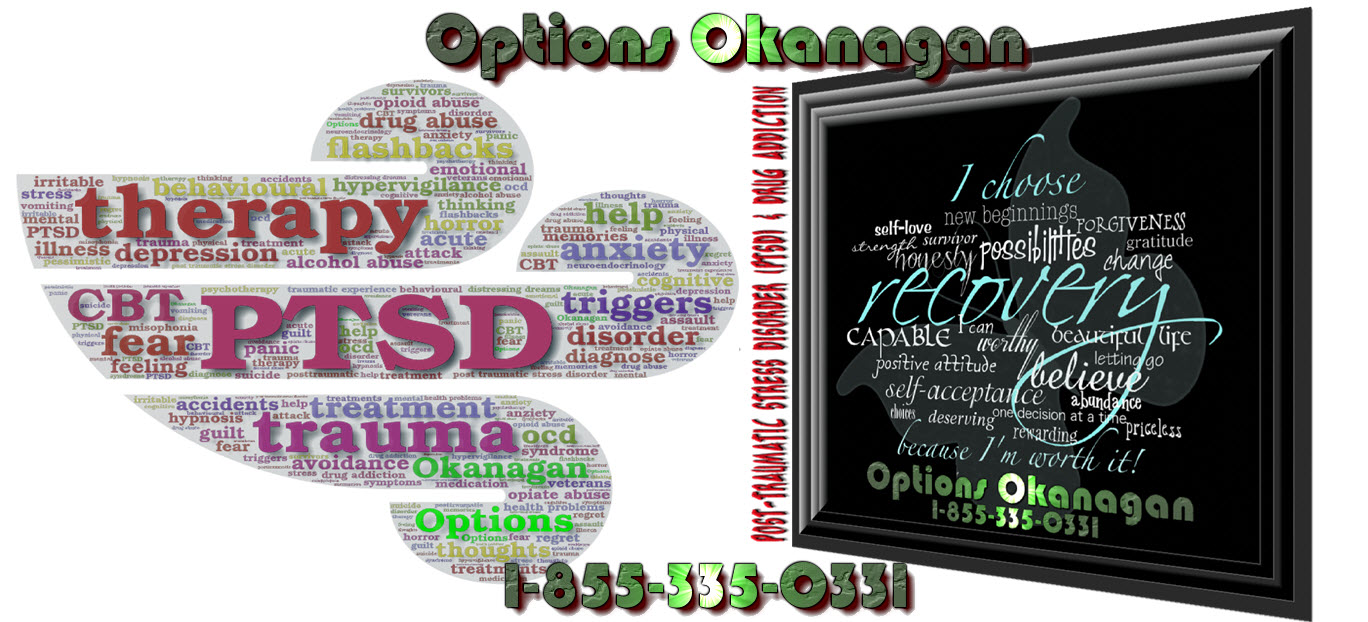
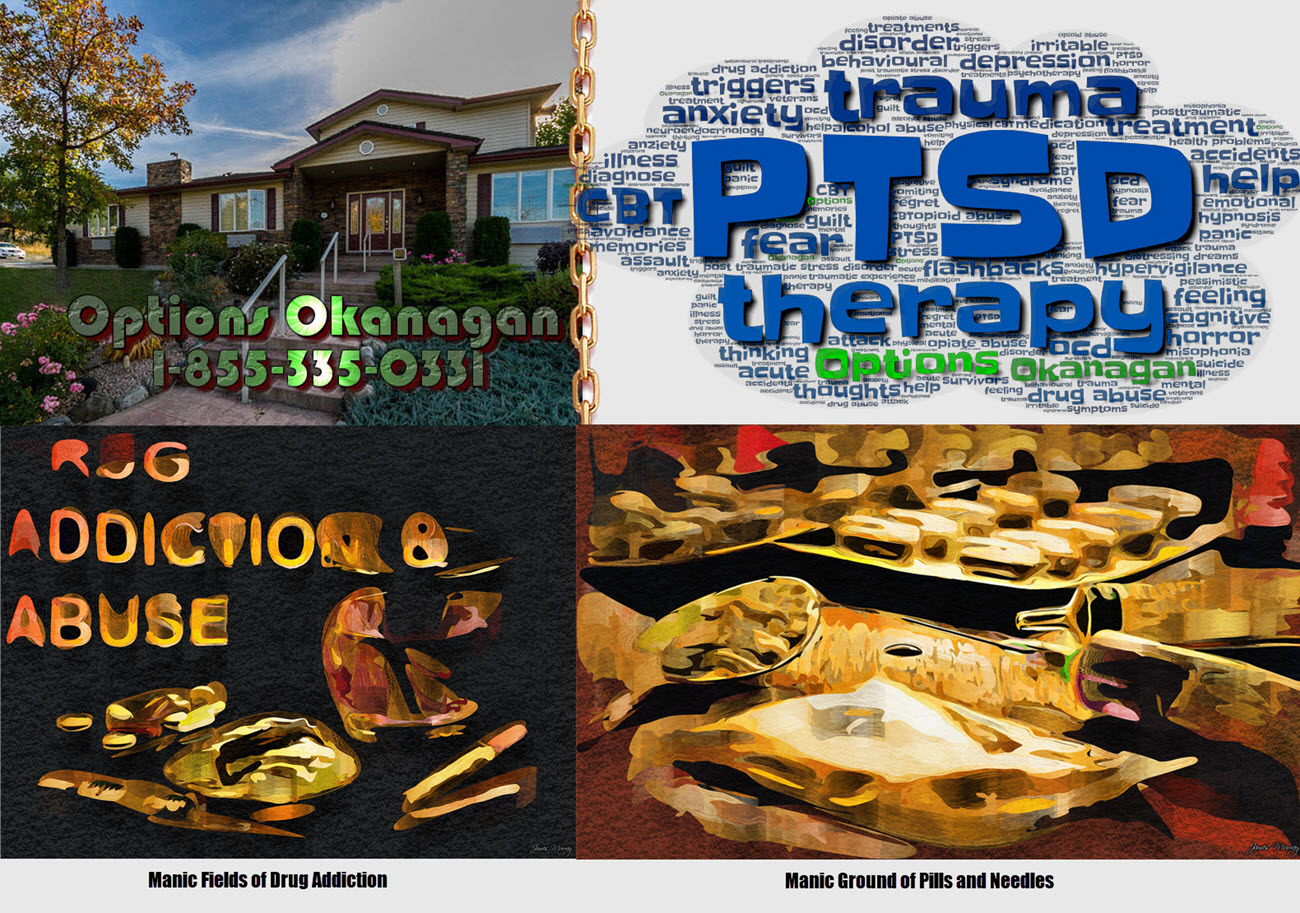
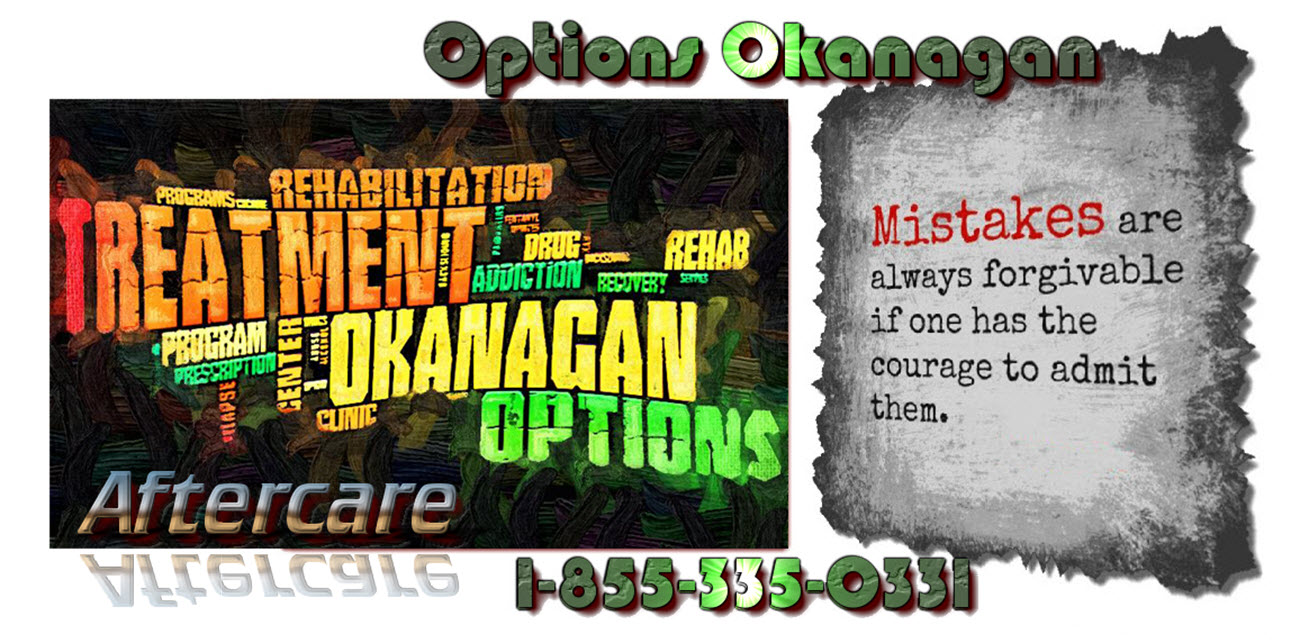

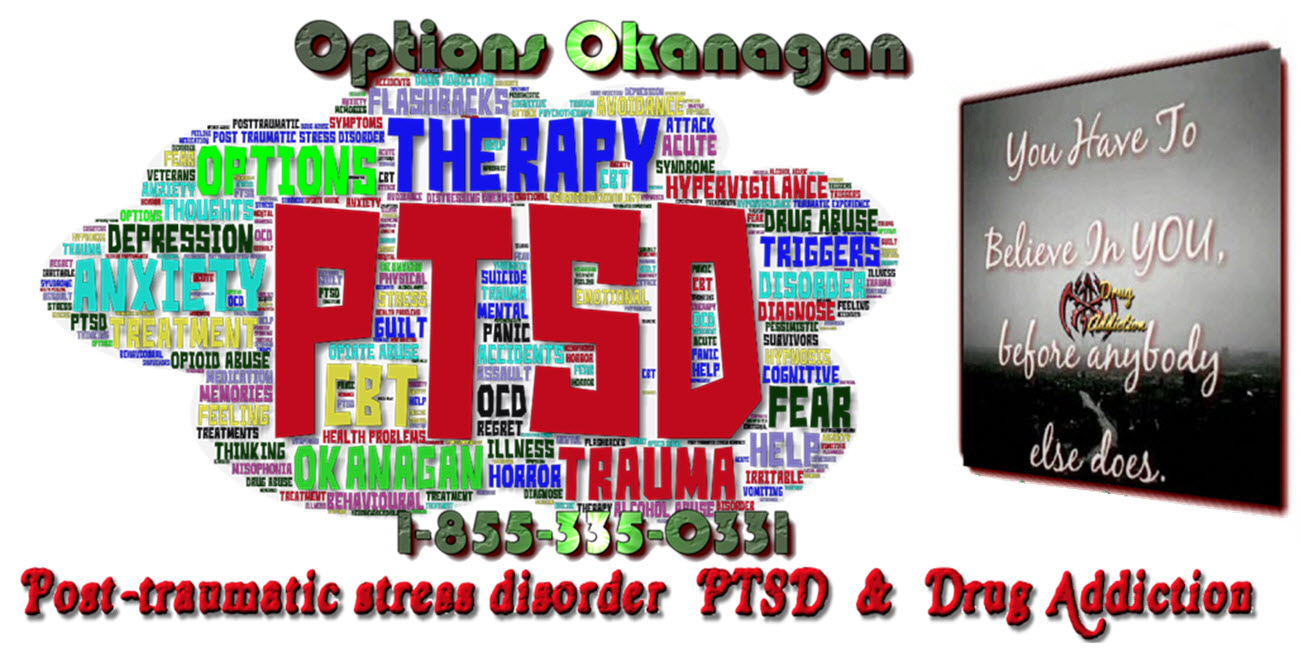

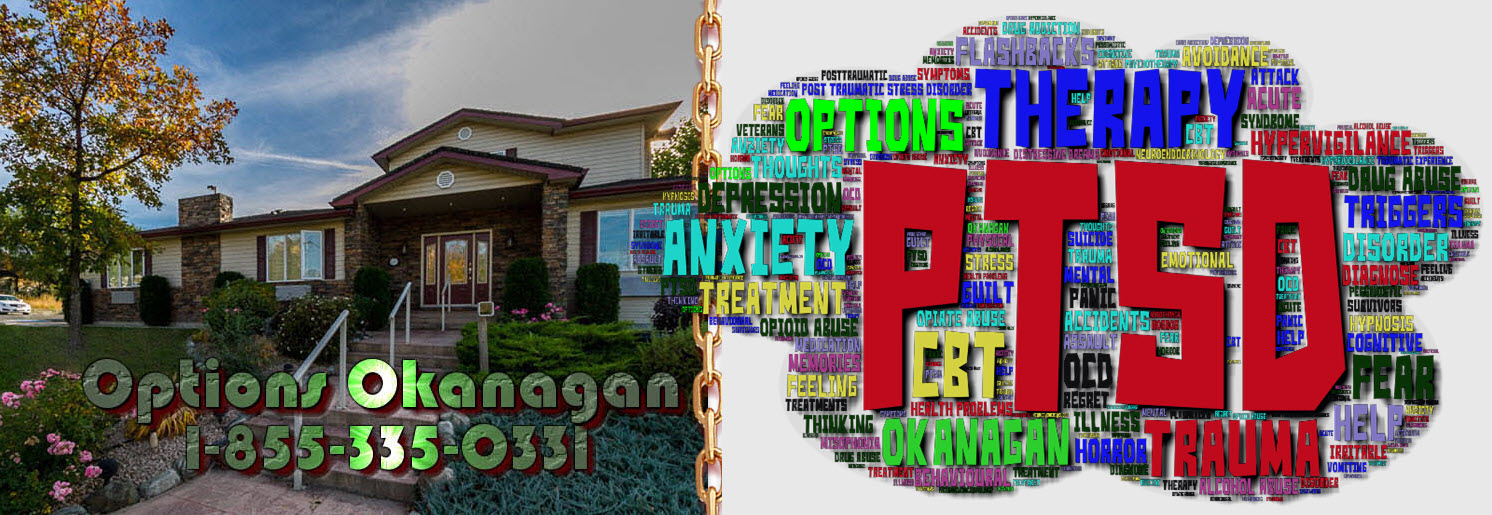
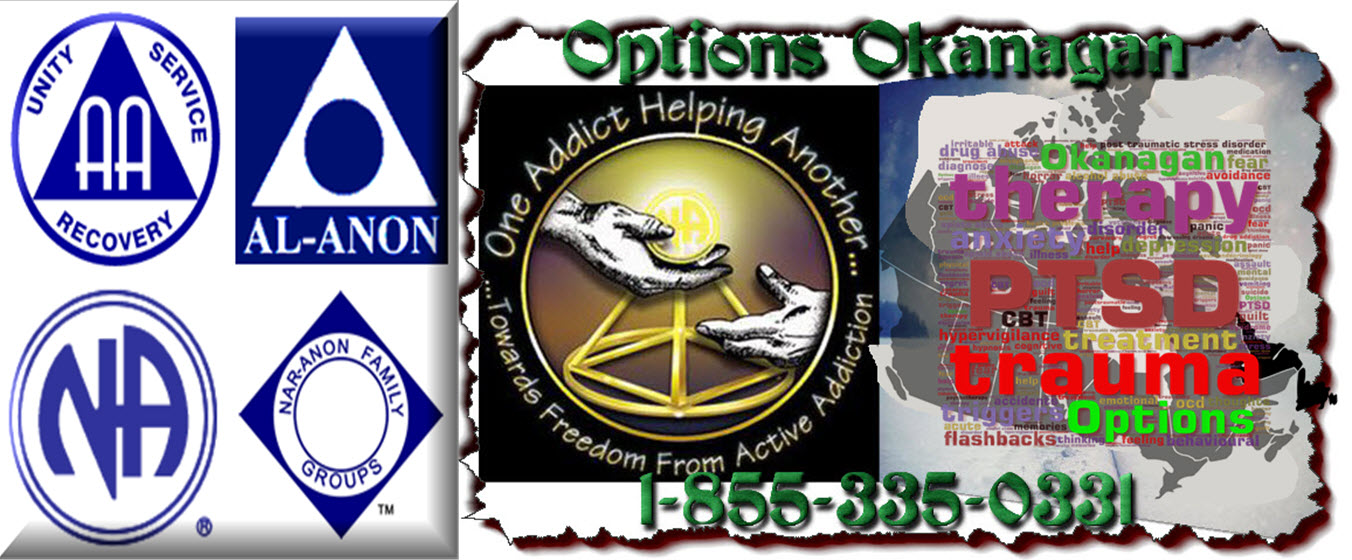
 or Mental Health Disorder Treatment Programs in BC and Alberta - Options Okanagan.jpg)

 and Trauma Treatment - Mental Health Disorder Programst in Alberta and BC - Options Okanagan.jpg)
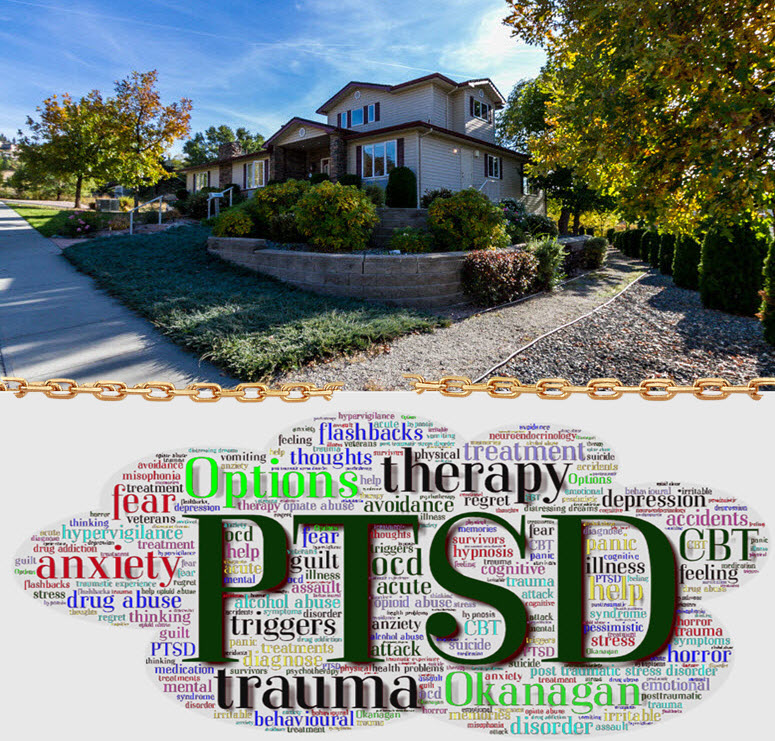
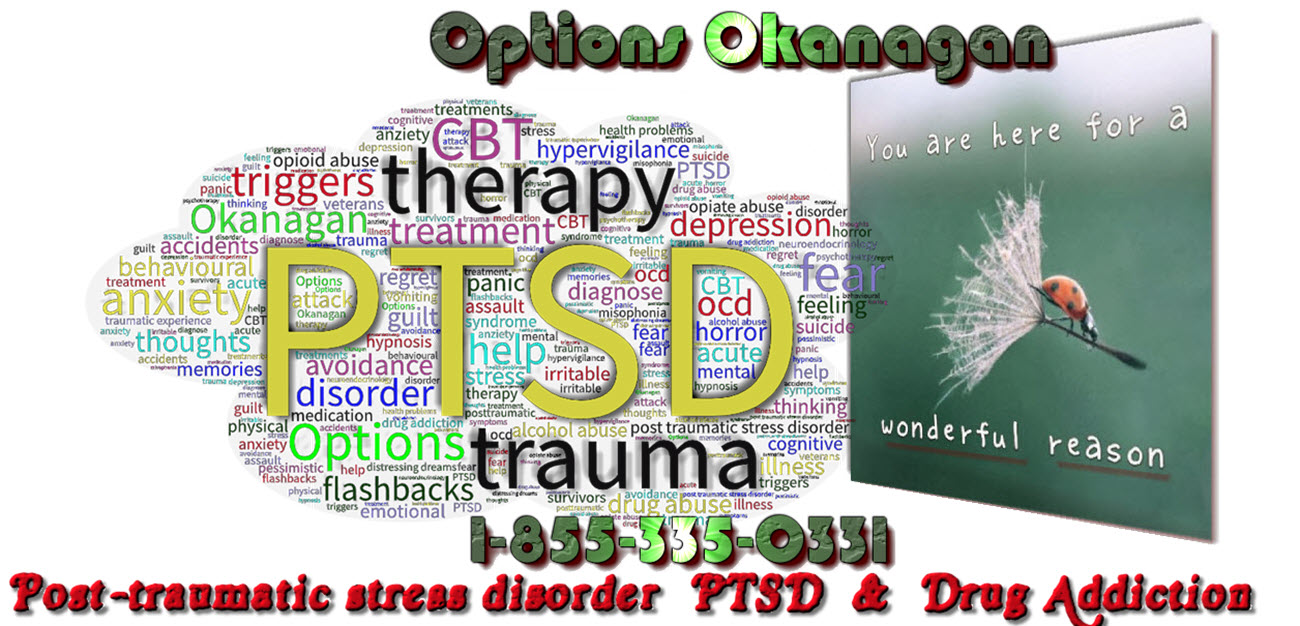
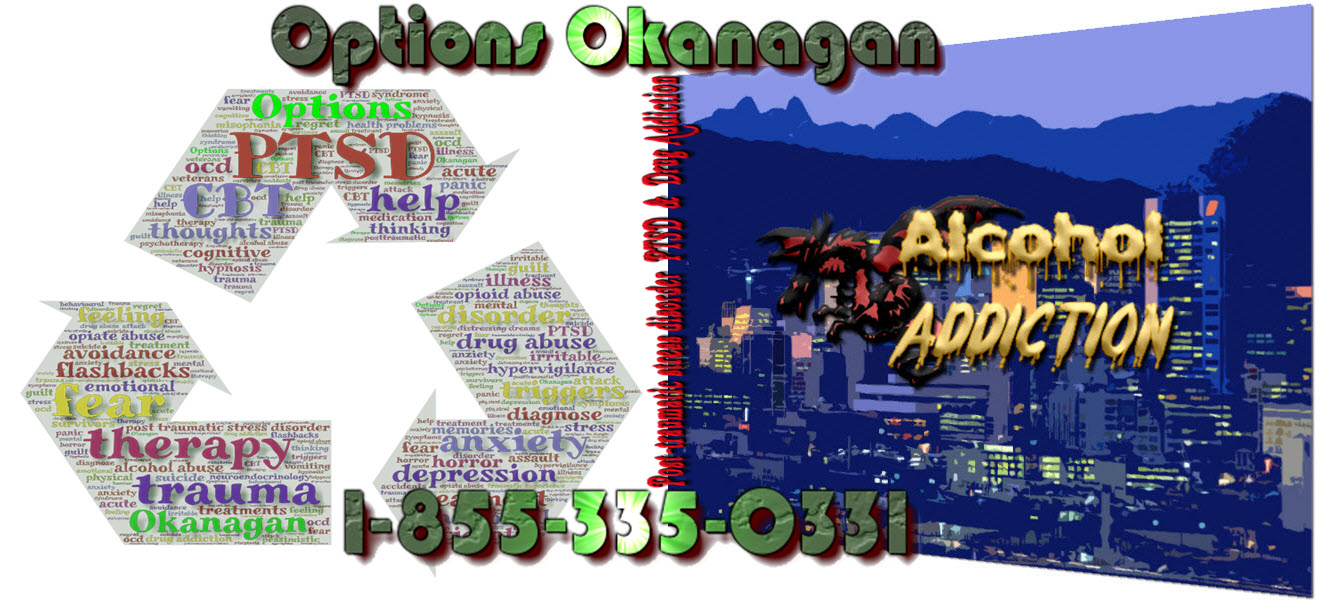
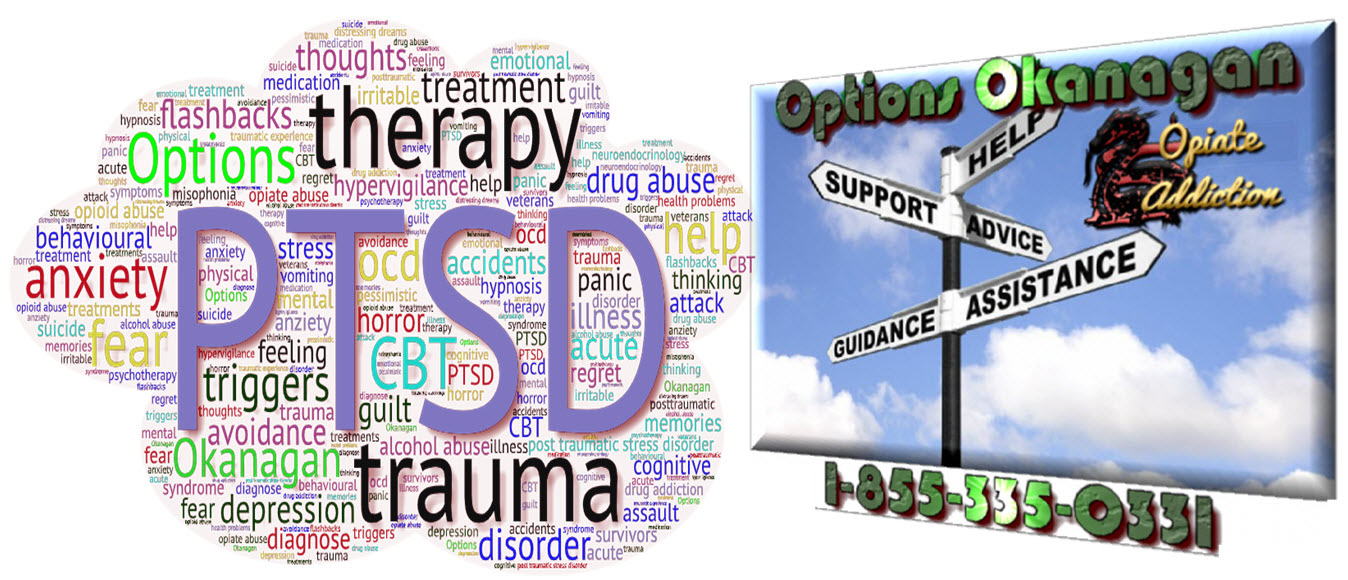
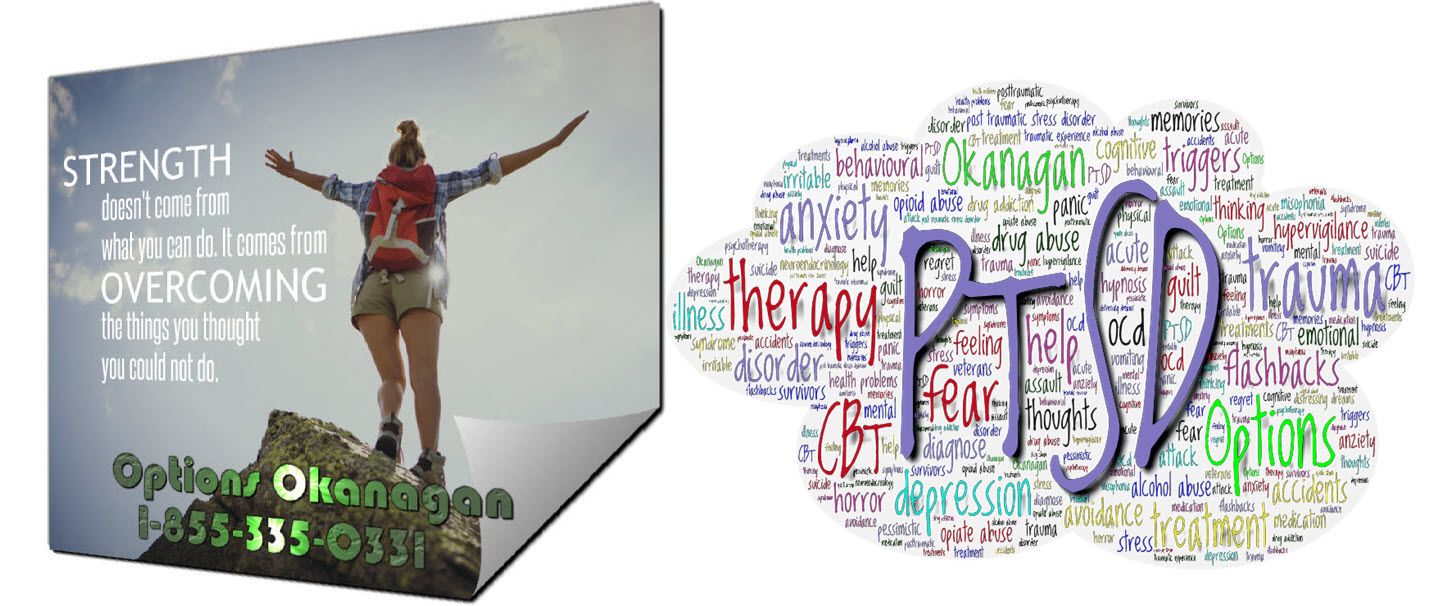

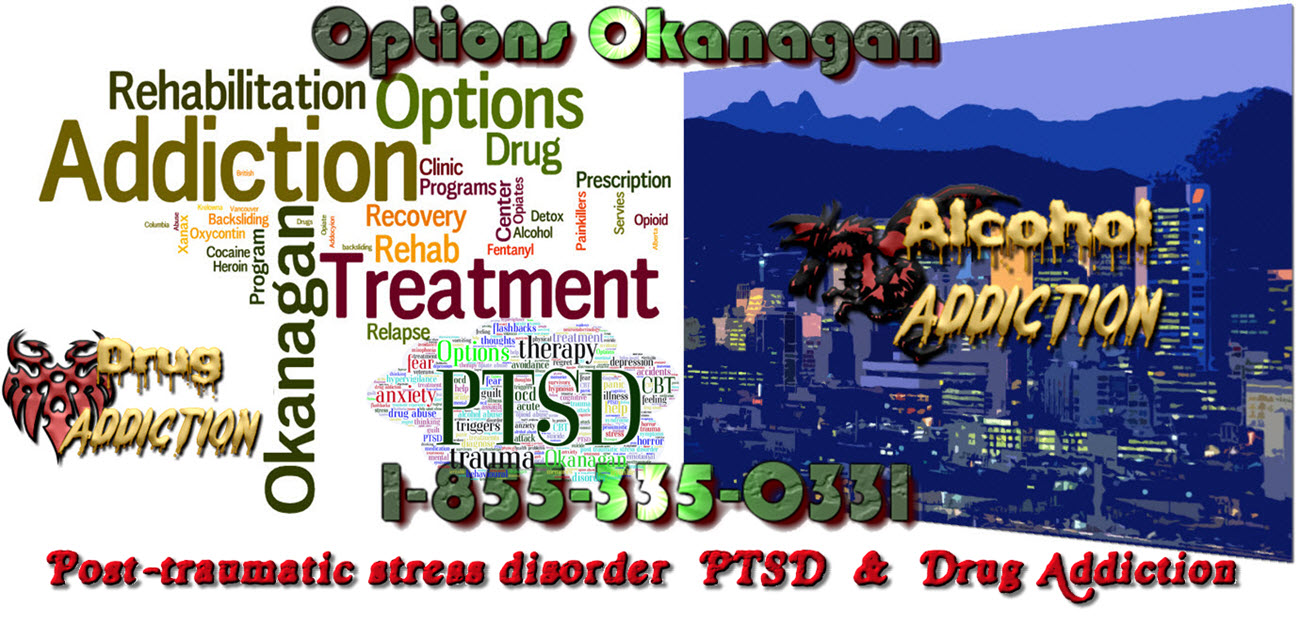
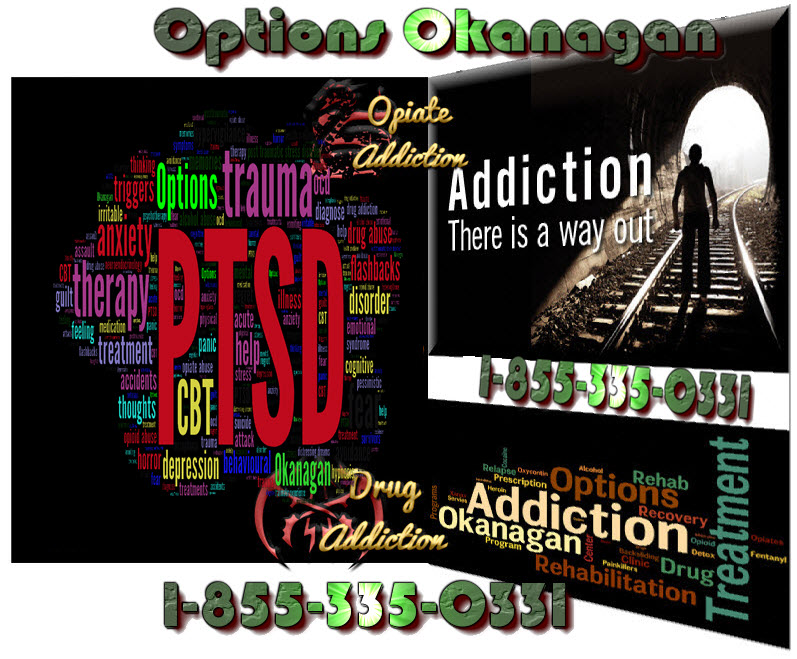
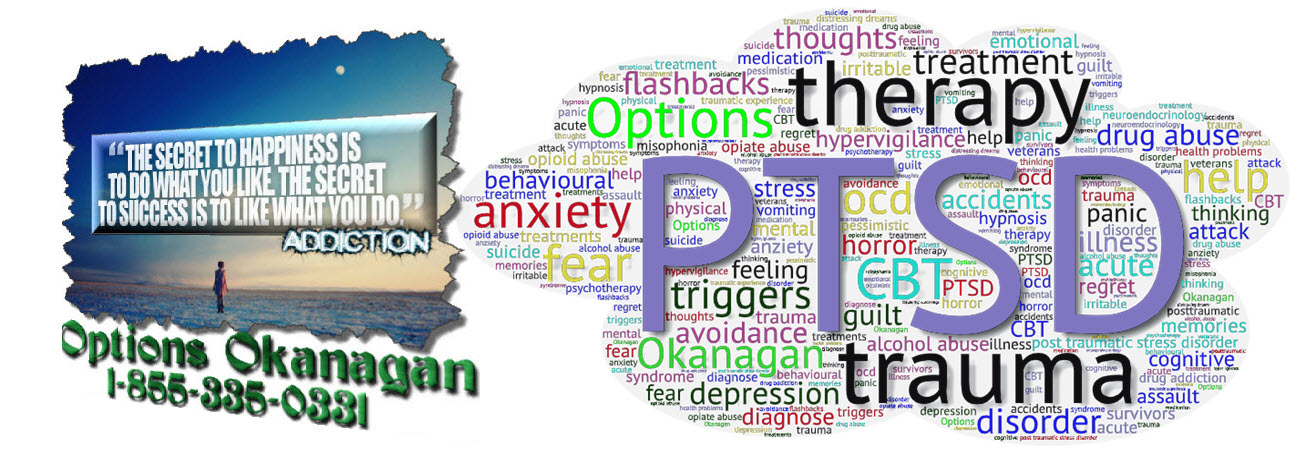
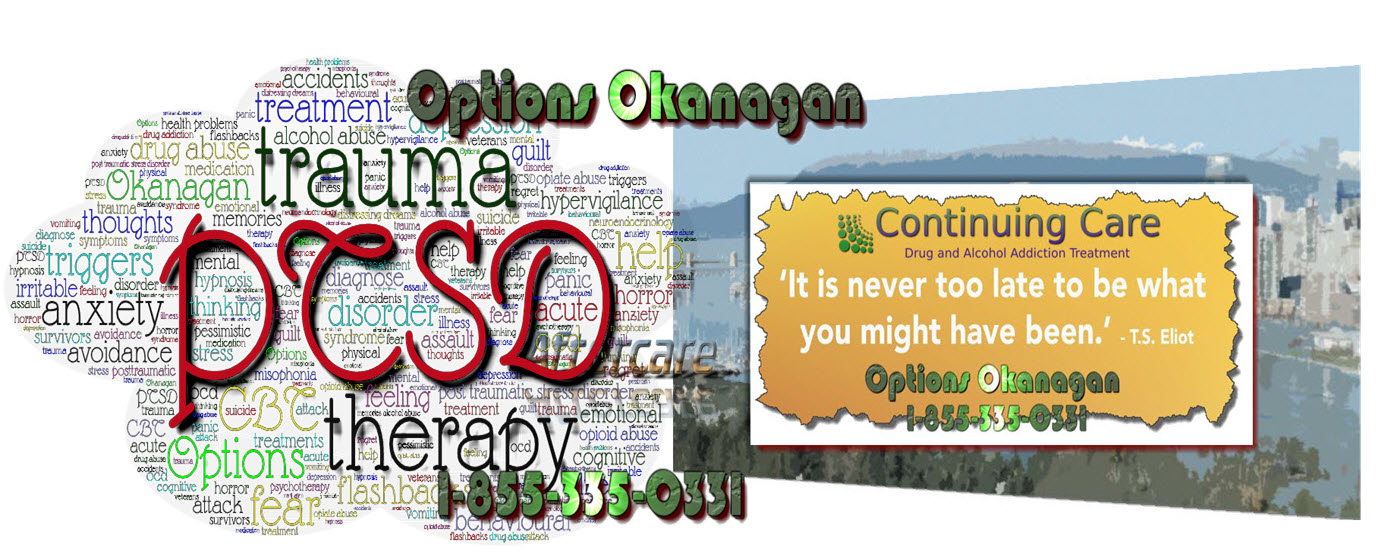
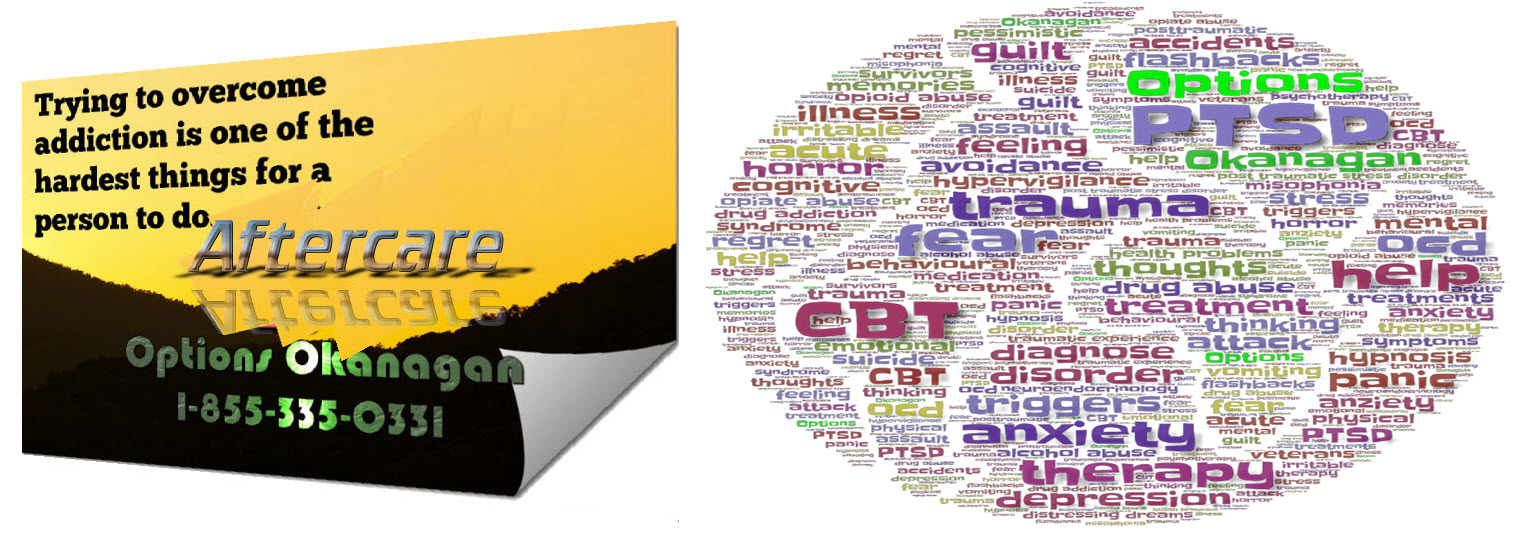
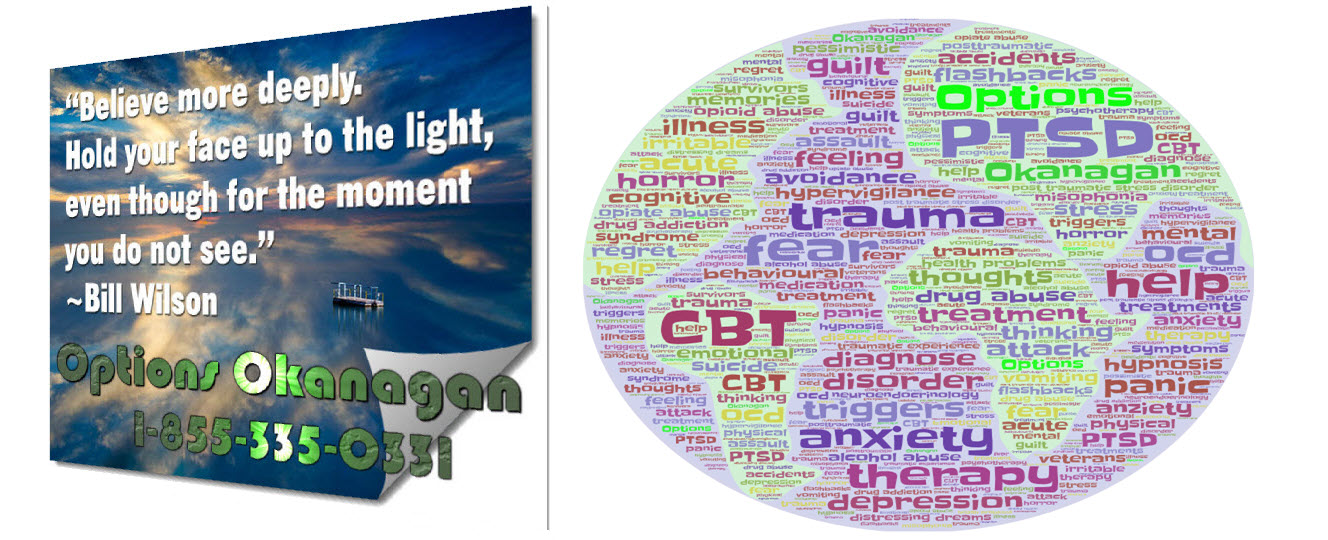

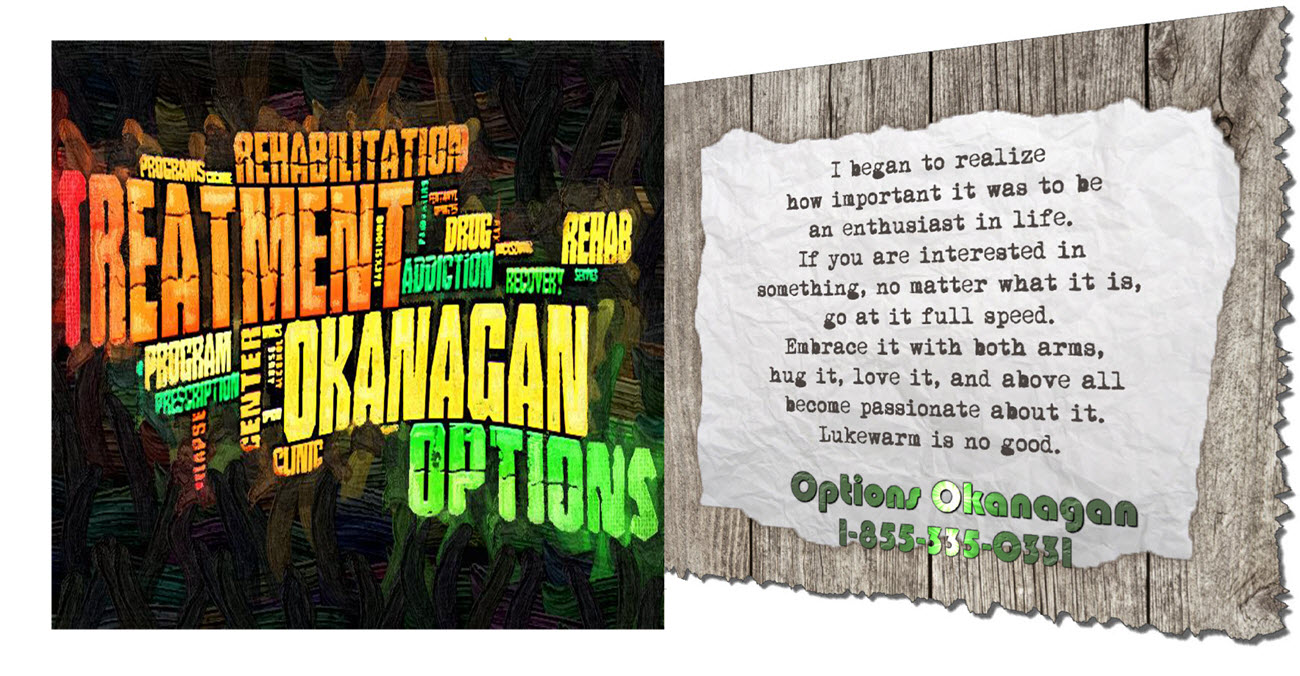
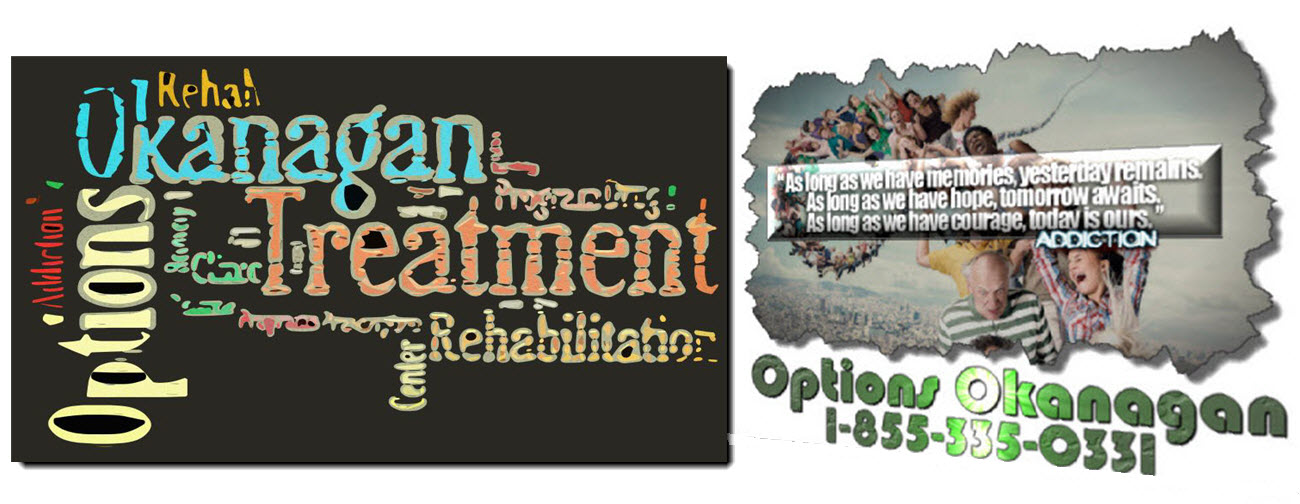
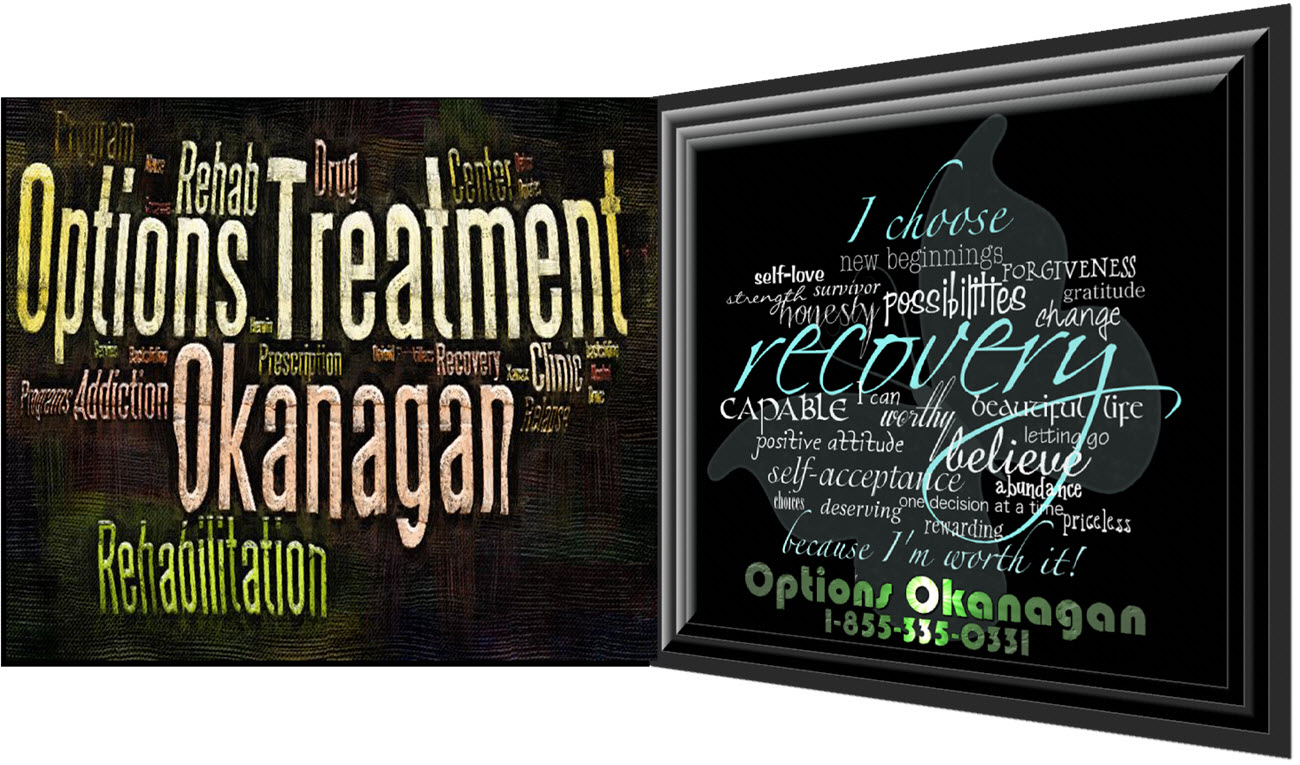
 in Alberta and BC - Options Okanagan.jpg)
 in Alberta and BC - Options Okanagan Treatment Center.jpg)
 in Addiction Recovery - Options Okanagan.jpg)